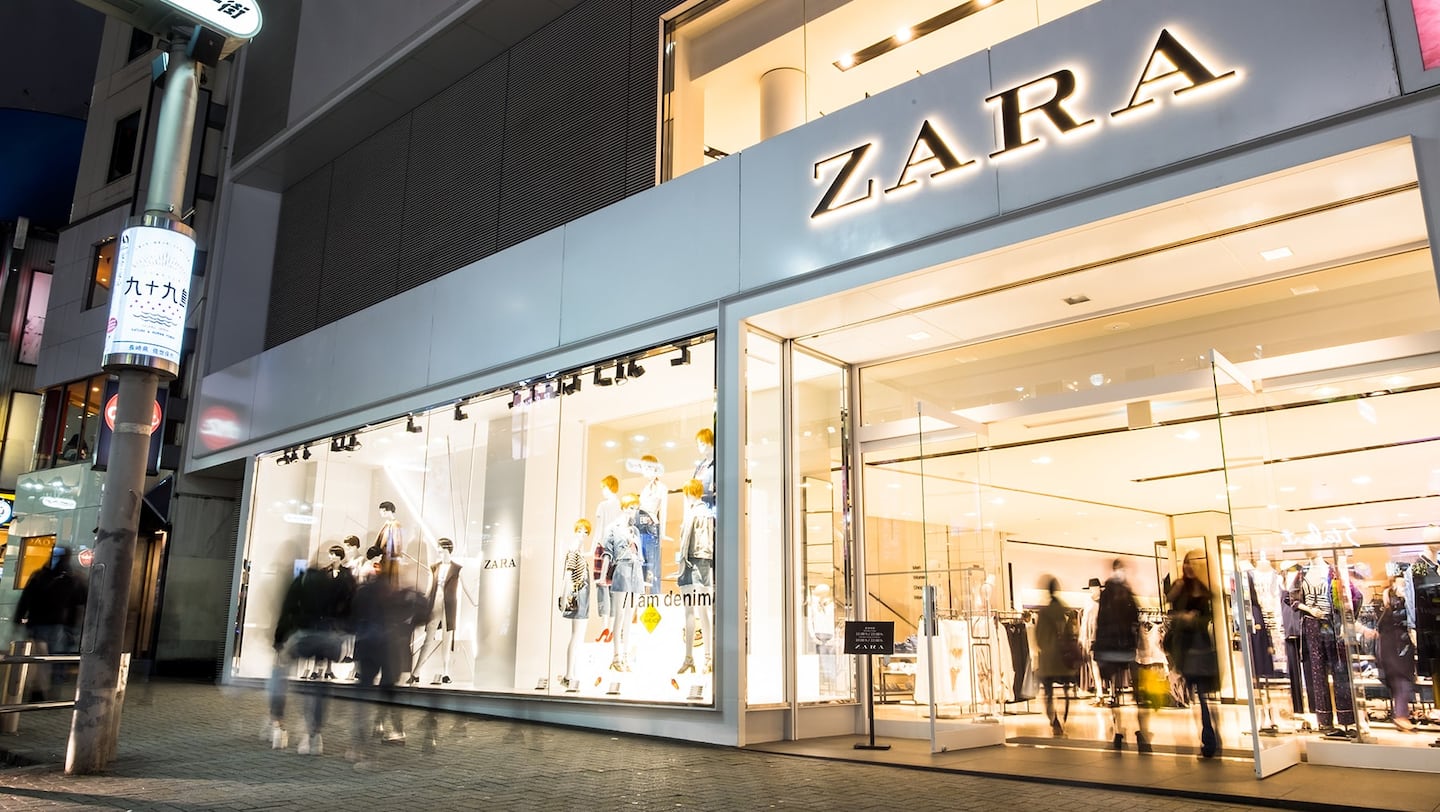
The Business of Fashion
Agenda-setting intelligence, analysis and advice for the global fashion community.

Agenda-setting intelligence, analysis and advice for the global fashion community.

Zara owner Inditex is in the process of stopping purchases from Myanmar, the company told Reuters on Thursday, as a result of a campaign by global workers’ union IndustriALL to convince companies to divest from the country.
“Inditex is in the process of a phased and responsible exit from Myanmar, following IndustriALL’s call,” a company spokesperson wrote in an email. “As a result, we continue to reduce the number of active manufacturers in the country.”
Inditex did not give a timeline for its exit. It does not publish a list of suppliers, so it was not immediately clear how many factories in Myanmar are supplying the fast-fashion giant.
Myanmar, whose garment industry is a major employer supplying clothes and shoes to big Western brands and retailers, has been plunged into a political and humanitarian crisis since a military junta took power in early 2021. IndustriALL says that labour rights have been eroded since then.
ADVERTISEMENT
Brands and retailers have been under pressure to disengage, but their exit could cause job losses and further economic pain for workers. The European Union’s stance is that companies should continue sourcing from Myanmar. Spanish fast-fashion retailer Mango told Reuters it has stopped sourcing from Myanmar. Primark, in September last year, said it would “begin working towards a responsible exit”, followed by Marks & Spencer announcing its planned exit in October.
Inditex has had an agreement with IndustriALL since 2007, which it renewed in 2022, according to its annual report. The agreement commits the company to maintaining dialogue with trade unions and to addressing workers’ needs throughout the supply chain.
The EU funds a project in Myanmar called MADE, a successor to the Smart Factories project that has worked since 2013 to improve conditions in the country’s garment factories. Seventeen retailers, including H&M, Adidas, and Bestseller, are members of MADE.
“The EU and MADE partners believe that the interests of workers are best served by ongoing sourcing from the country, provided that this is pursued responsibly,” Mario Ronconi, head of the unit at the European Commission’s Directorate-General for International Partnerships, wrote in a June 28 letter to the president of the Industrial Workers’ Federation of Myanmar, shared with Reuters by IndustriALL. The Clean Clothes Campaign, an apparel industry advocacy group, says brands continuing to source from Myanmar should “conduct ongoing and heightened due diligence,” prioritise workers’ rights and ensure their operations do not support the military junta directly or indirectly.
News site Sourcing Journal reported last month that Inditex planned to exit Myanmar.
By Helen Reid and Corina Pons; Editors Jason Neely, Jon Boyle, Kim Coghill and Conor Humphries
Learn more:
Fashion’s Human Rights Record Is Worse Than Ever
A new report exposing abuse of garment workers at factories linked to major brands in Myanmar points to ways mounting political and economic instability are worsening human rights risks in fashion’s supply chain.
Canada, France and Ireland are among the countries working with home-grown fashion talent to create uniforms for their teams at this summer’s Olympic Games. For these small labels, it’s an unprecedented opportunity to capitalise on one of sports’ largest events.
The online fashion retailer plans to update China’s securities regulator on the change of the initial public offering venue and file with the London Stock Exchange as soon as this month, a person with knowledge of the matter said.
The company, under siege from Arkhouse Management Co. and Brigade Capital Management, doesn’t need the activists when it can be its own, writes Andrea Felsted.
As the German sportswear giant taps surging demand for its Samba and Gazelle sneakers, it’s also taking steps to spread its bets ahead of peak interest.